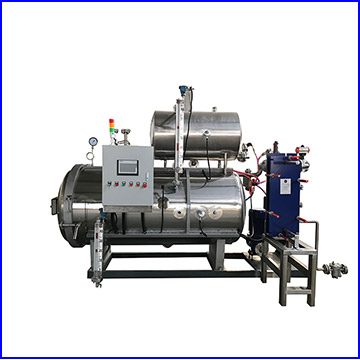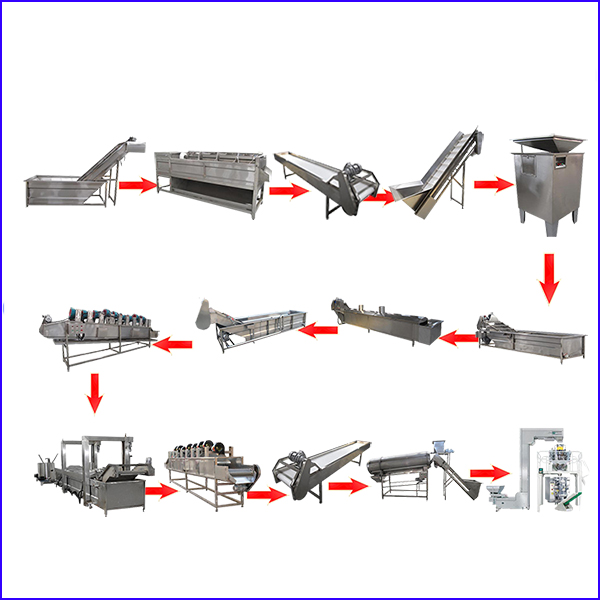What Is A Water Shower Retort?
A water shower retort is a type of retort used in the food industry to sterilize canned or bottled food products. The process involves heating the food product to a specific temperature for a set period of time to kill harmful microorganisms and prevent spoilage.
How Does The Sterilization Will Be Carried Out In A Water Shower Retort?
In a water shower retort, the food product is placed in a container, which is then sealed and placed in a large chamber. Water is heated to a specific temperature, and the containers are cascade in the hot water. The water provides a uniform heating environment, ensuring that the entire product is heated to the required temperature.
The temperature and duration of the heat treatment will depend on the specific food product being processed. In general, the temperature range for a water shower retort is between 110-130°C (230-266°F), and the duration of the heat treatment can range from a few minutes to several hours, depending on the product and its packaging.
After the heat treatment is complete, the containers are cooled and inspected to ensure that the product has been properly sterilized. If the sterilization process was successful, the containers can be labeled and stored for distribution.
What Kind Packs Are Suitable For Water Shower Sterilization?
Some common food products that are processed using water shower retorts include:
Canned fruits and vegetables
Meat products such as canned tuna, chicken, and beef
Soups, stews, and other prepared meals
Baby food
Pet food
Jams, jellies, and other spreads
Sauces and condiments
Water shower retorts are also used in the pharmaceutical industry to sterilize medical supplies and equipment, such as surgical instruments and syringes. Additionally, they are used in research laboratories to sterilize equipment and materials.
What Is The Benefit Of Using Water Shower Retorts?
The main benefit of using water shower retorts is that they provide a uniform heat treatment, which ensures that the entire product is heated to the required temperature for sterilization. This helps to prevent spoilage and contamination, and ensures that the product is safe for consumption or use.


